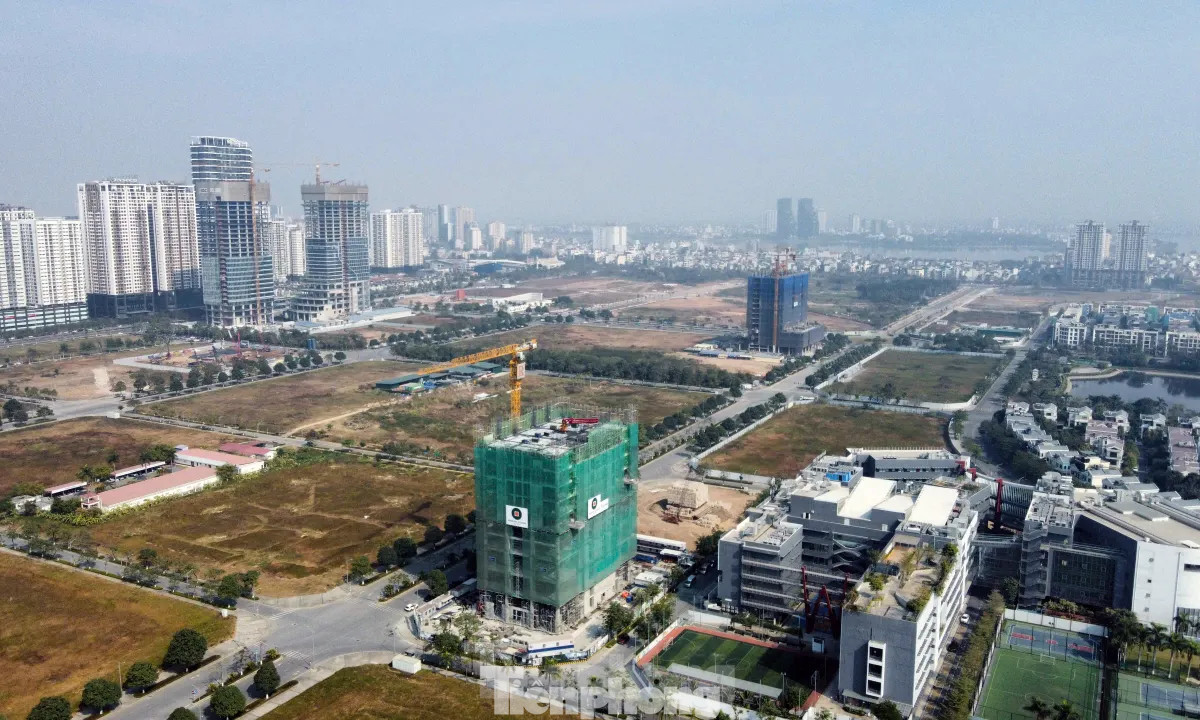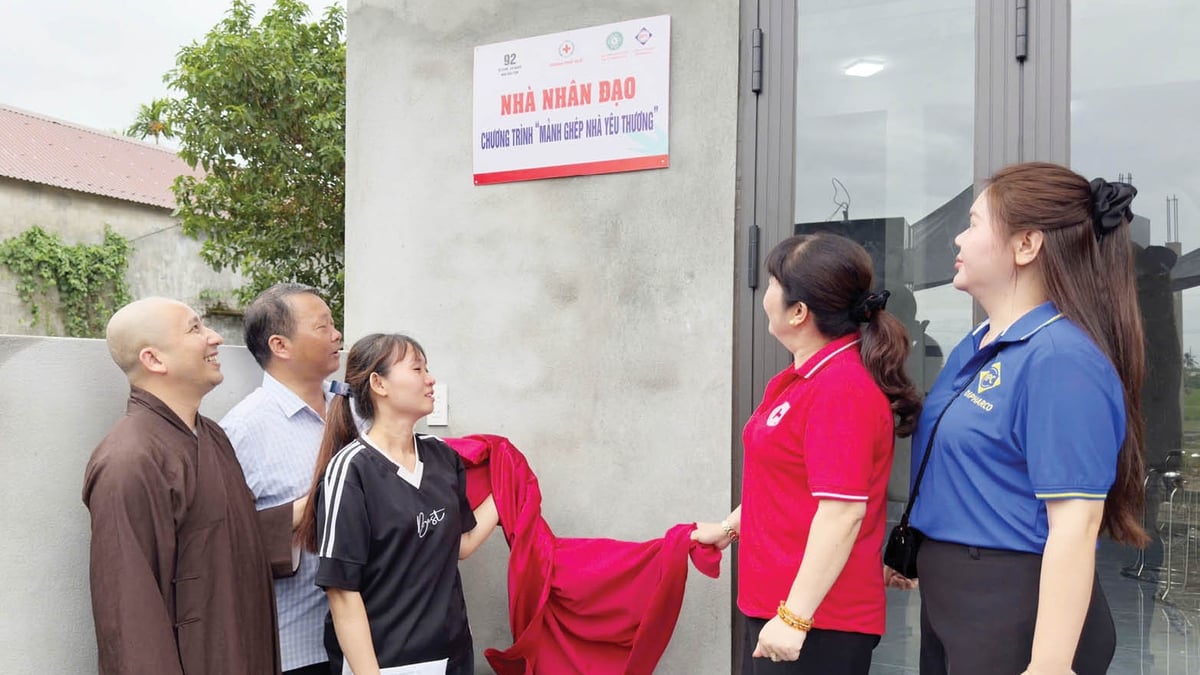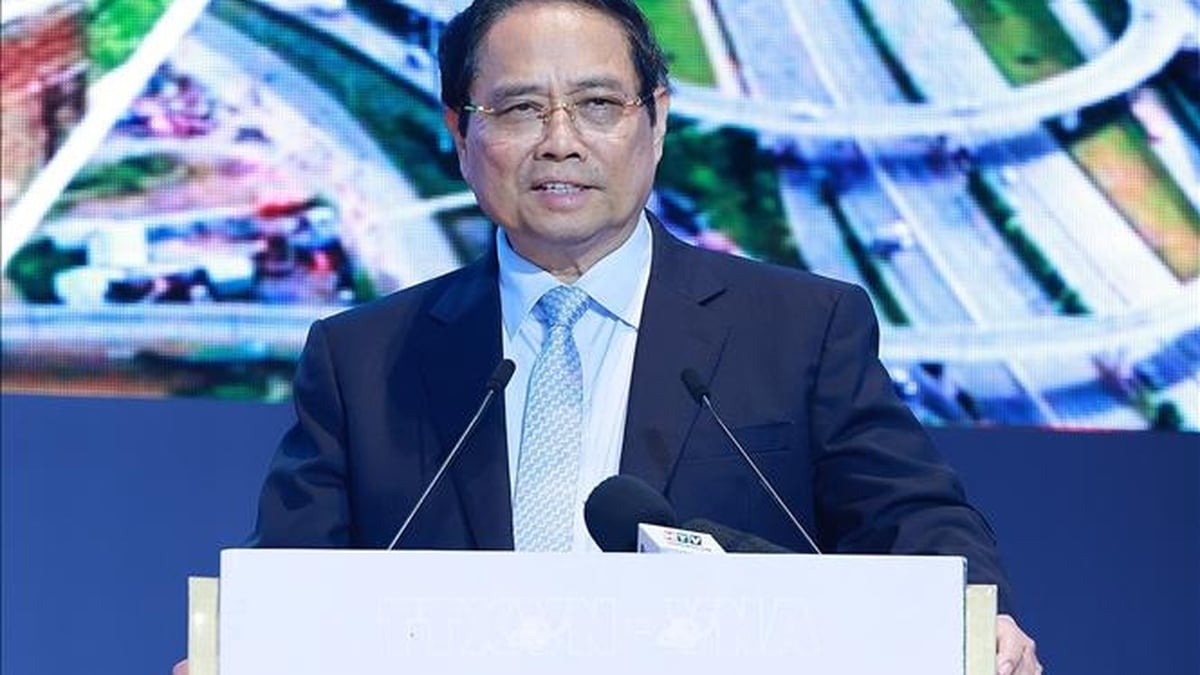The Ministry of Agriculture and Environment has just announced the draft Law amending and supplementing a number of articles of the 2024 Land Law for comments.
There are still many shortcomings
According to the Ministry of Agriculture and Environment (MARD), the 2024 Land Law is progressive, but after more than a year of application, there are still some inappropriate points, especially in the context of the two-level local government model being widely applied after the merger of administrative units.
One of the outstanding issues is the planning system and land use plans. Currently, the law requires annual land use plans at the district level. This regulation is increasing the burden of administrative procedures, prolonging the time to access land, causing many land plots to be put into exploitation slowly.

The 2024 Land Law has allowed places with urban and rural planning to use this planning instead of land use planning. However, the coverage rate of all types of planning is still low, many localities are still forced to establish additional land use planning, leading to overlap, waste and difficulties in implementation.
In addition, the current procedures for land allocation and lease are mainly through auctions or bidding to select investors. These procedures depend heavily on legal regulations on auctions and bidding, causing long preparation times. In reality, many projects cannot select qualified investors, leading to delays in implementation, wasting resources and slowing down the investment attraction process.
In particular, for large-scale projects with high technical requirements and a role in promoting regional or local development, finding investors who fully meet the criteria is essential. However, the current mechanism does not ensure the selection of investors with outstanding capacity, causing investment efficiency to fall short of expectations.
Another shortcoming is the mandatory regulation on auctioning land use rights for surplus land for headquarters and working facilities, which causes lengthy processing procedures, high compliance costs, and slows down project implementation, which is not suitable for the context of organizing the apparatus according to a two-level government.
Proposal to amend many important regulations
The draft amendment to the 2024 Land Law announced by the Ministry of Agriculture and Environment consists of 68 articles, divided into three main groups of contents. One group of contents aims to remove practical obstacles, one group adjusts to suit the two-level local government model, and the remaining group completes land finance policies.

The Ministry of Agriculture and Environment proposed to amend and supplement Article 159, including 2 options for developing a land price list.
Option 1: The land price list is applied to calculate land use fees and land rent when the State allocates land or leases land without auctioning land use rights; extends land use, recognizes land use rights... Calculates land use fees and land rent when adjusting land use term, adjusting planning... Calculates starting price for auctioning land use rights when the State allocates land with land use fee collection, leases land...
With this option, the land price list is built according to area and location. For areas with digital cadastral maps and land price databases, the price list is built for each plot of land.
The provincial People's Committee shall decide on the land price list every five years and shall announce and apply it from January 1 of the first year of the period. In case it is necessary to supplement the land price list during the year, the provincial People's Committee shall decide.
Option 2: The land price list is only applied to calculate land use fees and land rent when the State allocates land, leases land, allows change of land use purpose, recognizes land use rights, calculates taxes and fees related to land use...
The Ministry of Agriculture and Environment believes that amending the 2024 Land Law is necessary and urgent to ensure that the law is consistent with the current administrative apparatus organization model, while overcoming shortcomings in attracting investment, managing land resources and reducing the burden of administrative procedures for people and businesses.
The draft is being published to solicit public comments from ministries, localities, experts and the public. This is an important preparatory step before submitting it to the National Assembly for consideration, aiming to perfect the land law system in a more synchronous, transparent and feasible manner in the coming period.

Ho Chi Minh City builds new land price list after merger

State Audit discovers many shortcomings in land management in some localities

Too high land prices will make it difficult to cool down housing prices
Source: https://tienphong.vn/de-xuat-phuong-an-moi-ve-bang-gia-dat-post1764637.tpo





































































































Comment (0)